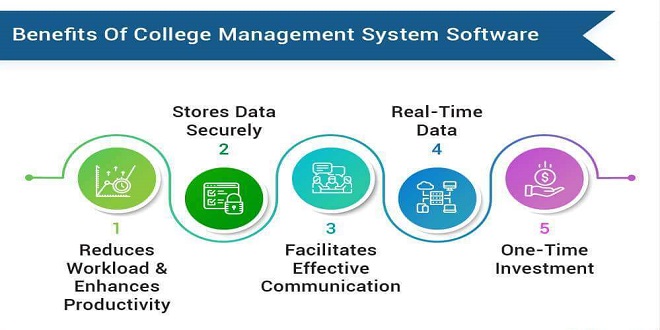What is the role of SEO in online reputation management?

Reputation management, is the process of tracking an entity’s actions and other entities’ opinions about those actions; reporting on those actions and opinions; and reacting to that report creating a feedback loop. All entities involved are generally people, but that need not always be the case. Other examples of entities include animals, businesses, or even locations or materials. The tracking and reporting may range from word-of-mouth to statistical analysis of thousands of data points.
Reputation management has come into wide use with the advent of widespread computing. This is evidenced by a front page story in the Washington Post. featuring several online reputation management firms. Reputation management systems use various predefined criteria for processing complex data to report reputation. However, these systems only facilitate and automate the process of determining trustworthiness.
This process is central to all kinds of human interaction, including interpersonal relationships, international diplomacy, stock markets, communication through marketing and public relations and sports. Reputation management is also a professional communications practice – a specialization within the public relations industry. Reputation management ensures that the information about an individual, business or organization is accessible to the public online as well as through traditional outlets and is accurate, up-to-date and authentic
Real-world communities
The classic example of reputation management is the small town. Population is small and interactions between members frequent; most interactions are face-to-face and positively identified — that is, there is no question who said or did what. Reputation accrues not only throughout one’s lifetime, but is passed down to one’s offspring; one’s individual reputation depends both on one’s own actions and one’s inherited reputation.
There are generally few formal mechanisms to manage this implicit reputation. Implicit Reputation is the accumulated reputation one gets in a small town from previous actions. The town diner and barber shop serve as forums for exchange of gossip, in which community members’ reputations are discussed (implicit reputation), often in frank terms. Outstanding members may receive small, symbolic awards or titles, but these are mere confirmations of general knowledge.
Big city
The large metropolitan area is at the other end of the spectrum from the small rural town. Community members come and go daily, and most members are only personally acquainted with a small fraction of the whole. Implicit reputation management continues to work within subcommunities, but for the city as a whole, it cannot. Big cities have developed a large array of formal reputation management methods.
Some apply only to subcommunities, such as, say, an association of local dentists. There are four methods (among others) which apply quite generally to the entire population: elections, appointments, the criminal justice system, and racial or ethnic prejudice.
Online communities
eBay is an online marketplace, a forum for the exchange of goods. The feedback system on eBay asks each user to post his opinion (positive or negative) on the person with whom he transacted. Every place a user’s system handle (“ID”) is displayed, his feedback is displayed with it. Since having primarily positive feedback will improve a user’s reputation and therefore make other users more comfortable in dealing with him, users are encouraged to behave in acceptable ways—that is, by dealing squarely with other users, both as buyers and as sellers.





